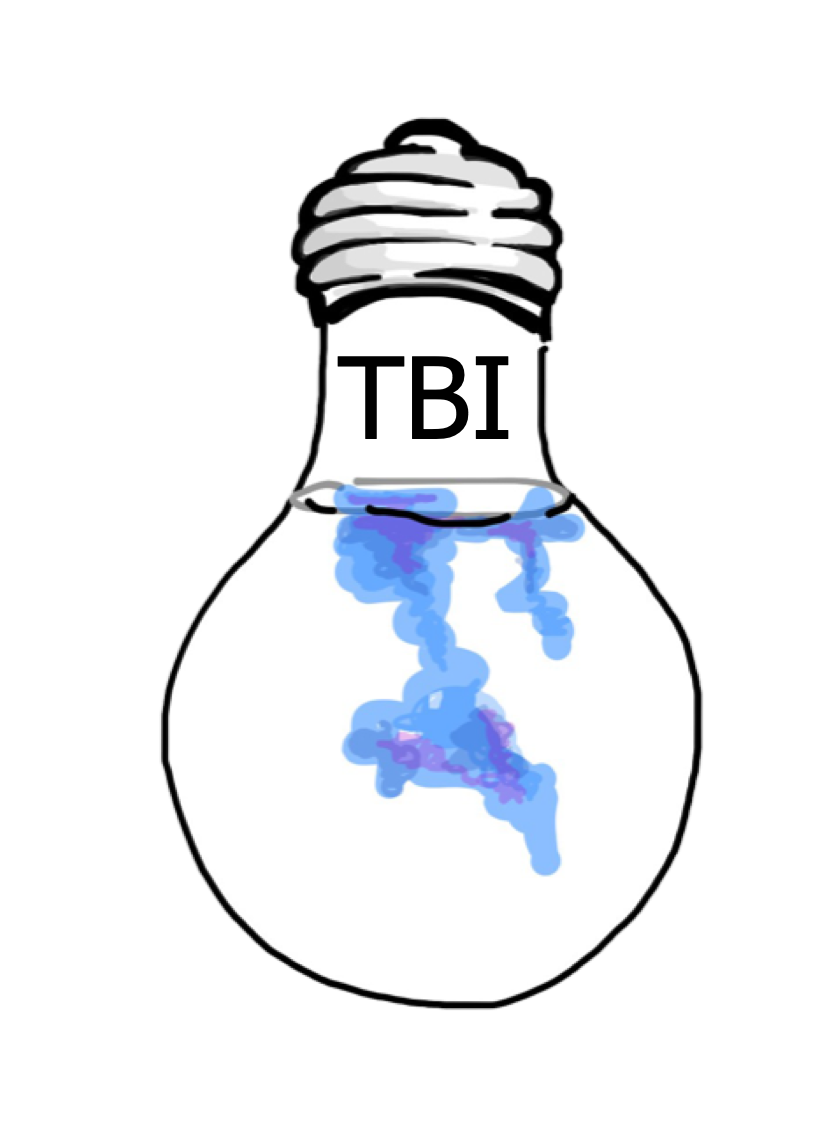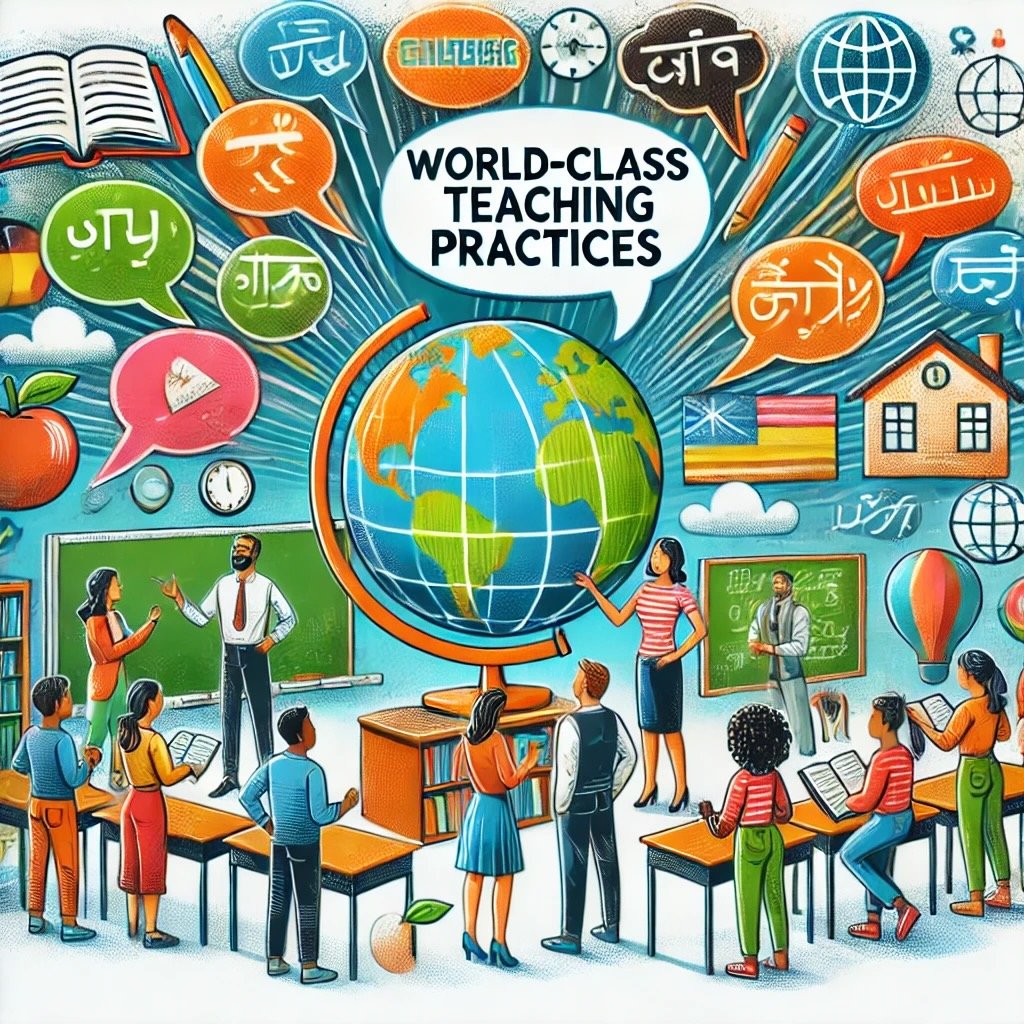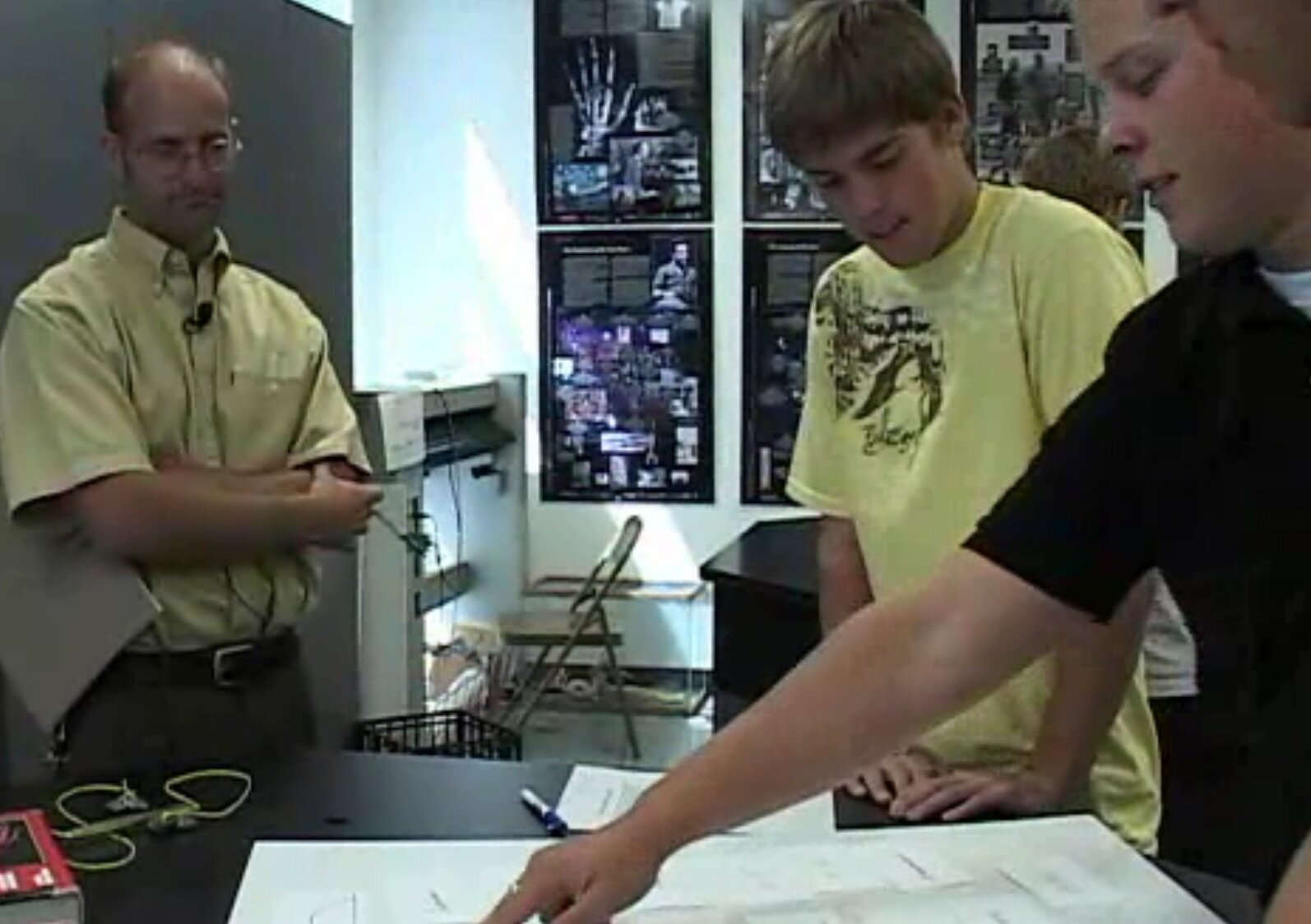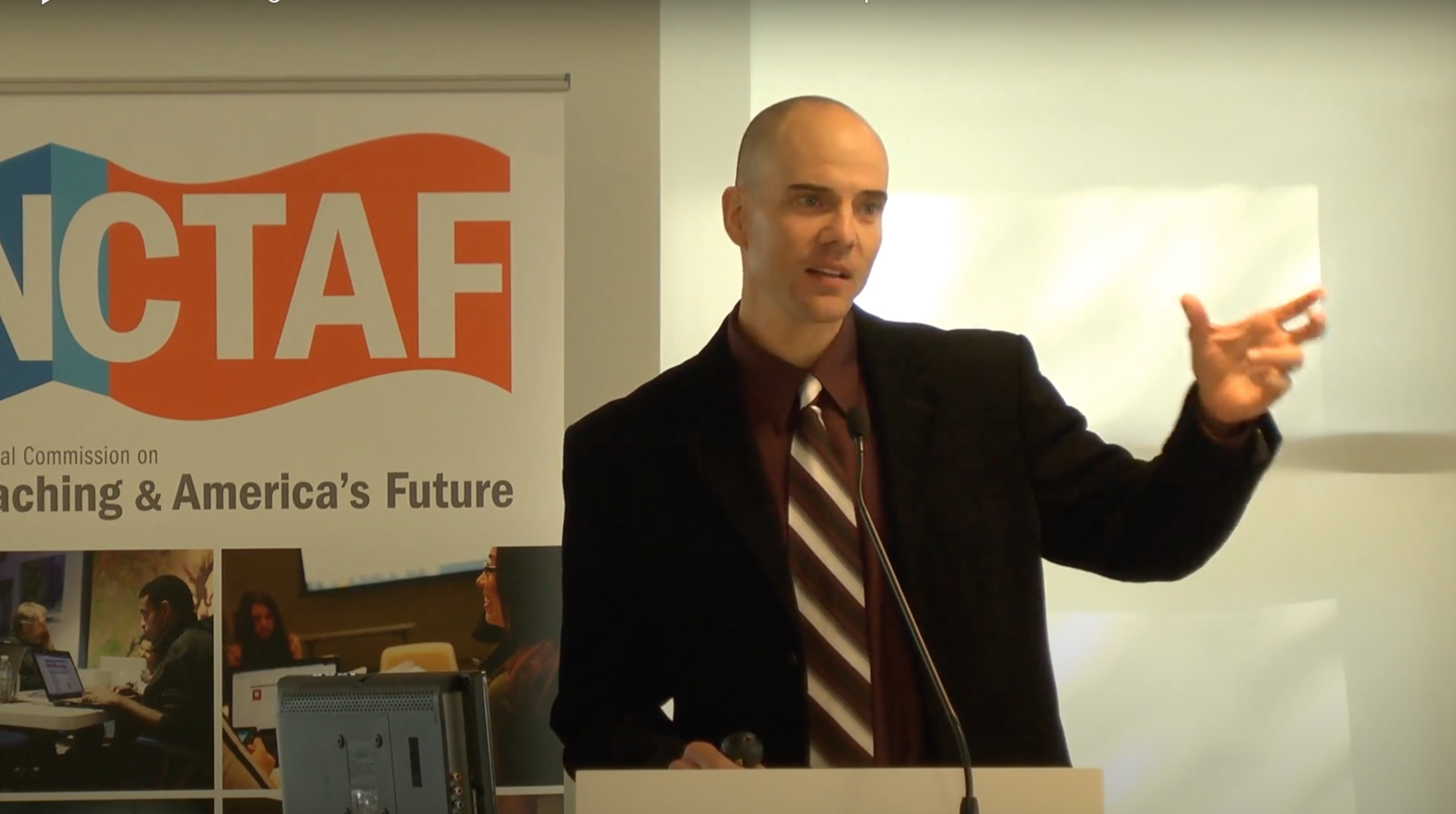Professional Learning Services
Flexible
TBI services range from one-day events to sustained year-long partnerships using a combination of face-to-face and/or virtual models.
Evidence-Based
All programs and services are supported by our own published research and continuously refined based on new evidence and findings from current projects.
Customized
TBI provides customized training and implementation support to match each project’s local context, strategic priorities, and available resources.
World-Class Teaching Practices
Program Outcome:
Expand your teaching knowledge and vocabulary with unique pedagogical terms and practices used in different languages and cultures around the world. Each term lacks a true English equivalent and illuminates exciting possibilities for expanding and enhancing US teaching practices.
Program Services:
2-hour, 4-hour, or 6-hour training on world-class teaching practices
Detailed glossary of international terms with helpful definitions and practical examples
Classroom video modules and examples from both US and international settings
Monthly, quarterly, or bi-annual implementation support (optional)
Schoolwide Collaborative Teacher Research (PIER Model)
Program Outcome:
Establish schoolwide routines for collaborative reflective practice and continuous improvement of instruction.
Program Services:
PIER Academy training for each department or grade level
Year-long training and support for school leadership team and facilitators
Regular strategic assistance for individual teams
Site license with perpetual access to PIER Facilitation Guide and PIER Virtual Chartbook™
Multi-year curriculum of facilitator training modules
Network library of instructional resources and case studies from TBI project partners
Strategic planning and process alignment with school improvement plans or accreditation
Japanese Lesson Study
Program Outcome:
Learn the purpose, the process, and the requisite skills for conducting Japanese lesson study with live classroom observations.
Program Services:
Training and support available for schoolwide projects or individual teams
Services range from introductory workshops to comprehensive implementation support
Led by award winning authors with firsthand experience conducting lesson study in Japan
Perpetual access to Lesson Study Facilitator Guide and LS Virtual Chartbook™
Teaching Between Desks (kikan shidō)
Program Outcome:
Develop deeper knowledge of choices inherent in supporting group work, pair work, and individual practice, and how those choices influence opportunities for student learning and productive struggle.
Program Services:
2-hour, 4-hour, or 6-hour training on the four principal functions of kikan shidō (teaching between desks)
Classroom video modules and examples from both US and international settings
Monthly, quarterly, or bi-annual implementation support (optional)
Facilitating Productive Struggle
Program Outcome:
Develop knowledge and skills to facilitate productive struggle in the classroom, use probing questions to solicit student thinking, and provide strategic assistance to advance students through their zone of proximal development (ZPD).
Program Services:
2-hour, 4-hour, or 6-hour training on facilitating productive struggle
Classroom video modules and examples from both US and international settings
Monthly, quarterly, or bi-annual implementation support (optional)
Lesson Planning Essentials for the Busy Teacher
Program Outcome:
Develop knowledge and practice skills with a three-part strategy for daily lesson planning that is both powerful and effective: (1) Establishing guiding questions, (2) clarifying the lesson storyline, and (3) identifying pivotal moments of learning.
Program Services:
2-hour, 4-hour, or 6-hour training on lesson planning essentials
Guided analysis of examples and published case studies
Monthly, quarterly, or bi-annual implementation support (optional)
Matching Vision With Resources
Program Outcome:
Learn to apply the SAIF Framework (Focus, Align, Connect, Sustain) and create an action plan for one or more key initiatives at your site.
Program Services:
Half-day, full-day, or 2-day training on framework themes and key principles
Work session with personalized feedback from TBI leaders
Site license with perpetual access to SAIF Leadership Guide and Virtual Chartbook™
Monthly, quarterly, or bi-annual implementation support (optional)
Making Teaching Visible with Classroom Observations
Learn to conduct careful, skilled observations of classroom instruction that bracket off superficial distractions and focus on student learning.
Program Services:
2 hour or 1/2 day training on student-centered observations
Classroom video modules and examples from both US and international settings
Observation tools, protocols, and web-based templates
Monthly, quarterly, or bi-annual implementation support (optional)
Keynote Presentations
Example Keynote Topics:
One plank at a time: The steady discipline of instructional improvement
Beyond growth mindset: Creating classroom opportunities for meaningful struggle
Matching vision with resources: A reconceived model for leadership and assistance
Lessons learned from chalkboard: Slow steady technology integration
“Best practice”: The enemy of better teaching
Breathe new life into collaboration: Reviving problematic teams
John Wooden: Timeless lessons on continuous improvement
Why expansive change is difficult and what we might do about it
Instructional Coach Certification Program
Program Outcome:
Acquire specialized knowledge and skills for supporting teacher reflective practice and instructional improvement.
PROGRAM OPTIONS:
Customized based on local priorities with a continuum of options for scope and pricing. Certification is available for both individual coaches and school teams.
Core Coaching Competencies:
Coaching principles and mindsets
Assisting performance through the zone of proximal development (ZPD)
Assisting performance through joint productive activity (JPA)
Strategic assistance skills
Classroom observation skills
Leadership Coaching
Example Coaching Topics and Needs:
Instructional Leadership
Team management and building capacity
Planning and facilitating effective meetings
Professional growth models
Writing and communication
Time management and prioritization
Collecting and analyzing data, evidence-based decision making













